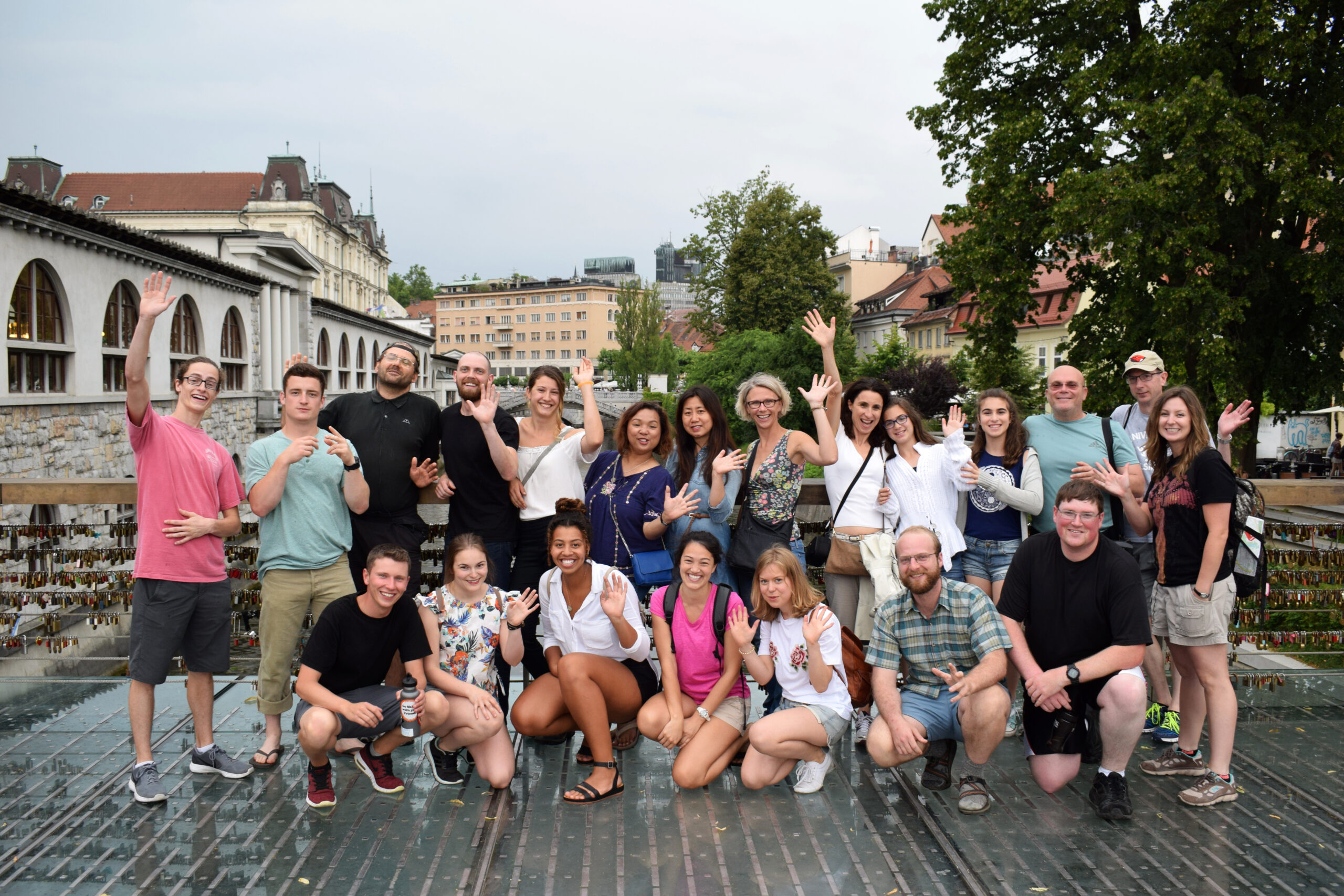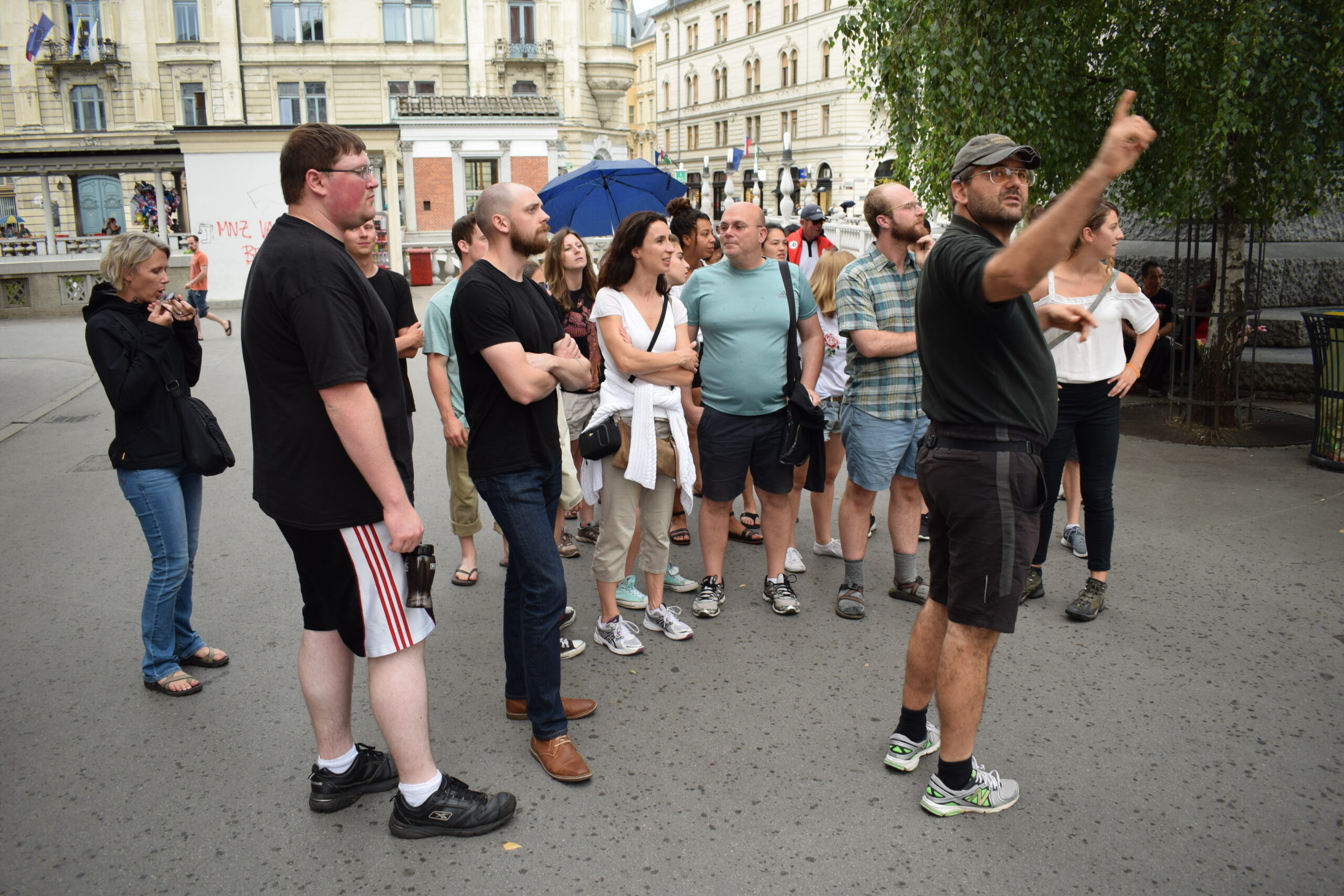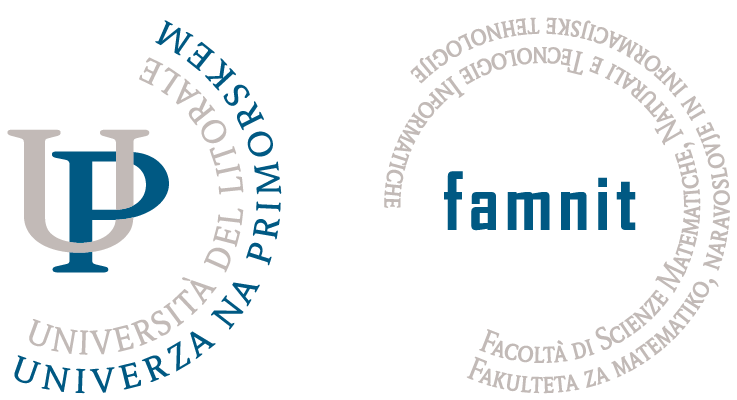A diverse group of international students will be staying on the Slovene coast between 28 and 30 June. They are participating at the international summer school The Forest Sector’s Contribution to Sustainability of the Built Environment in Alpine Europe, which is organised jointly by the University of Primorska Faculty of Mathematics, Natural Sciences and Information Technologies and Oregon State University College of Forestry (USA). Young researchers from Finland, Indonesia, China, Sweden, Ukraine, United States of America and Slovenia will be travelling for two weeks, during which they will learn about traditional and modern architecture of the built environment and explore good practices related to wood use in Slovenia, Italy, Austria and Switzerland.
The summer school started on Sunday, 25 June in Ljubljana. The group then headed to Gozd Martuljek and Bled and today they are visiting Kočevje and the virgin forests in the region, while they will also stop in Ribnica to see the company Riko hiše.
As already mentioned, the group will arrive to Koper on 28 June, where they will visit the Port of Koper and Škocjanski zatok. They will continue the trip to Dragonja and Sečovlje salt pans, more specifically Lepa Vida Spa, where they will be discovering good practices of wood use in building modern buildings. They reserved Thursday for visiting the University of Primorska, more specifically UP FAMNIT, where students will learn about the rich international research work of the faculty.
Students will then continue their trip towards Venice and towns of Castelnuovo, Pieve and Cavalese and Bressanone. After a stop in Austrian Innsbruck, the summer school will finish in Zürich (Switzerland).
The aim of the summer school is to learn about sustainable built environment in Alpine Europe on specific examples. For this purpose, a number of visits to research organisations and companies active in modern research and development are planned.


The summer school is another example of the efforts made by the University of Primorska in the field of sustainable construction. UP FAMNIT researchers from the Department of Applied Natural Sciences are especially active in this area. They are trying to minimise the impact of the construction on the pollution and are trying to discover new technologies and support methodologies to decrease the environmental pollution. Their research focuses on different ways materials from sustainable resources (esp. wood) can be used. They are solving technological challenges in the use of sustainable materials and are trying to improve their characteristics. With fundamental research they are learning how the modification of natural materials impacts the environment and perform substantiated psychophysiological research of human perception of naturalness of different materials, and the impact of different materials in the living environment on health and wellbeing of people.
All of these ideas are implemented also by the Centre of Excellency InnoRenew CoE while the faculty will offer a new study programme next year: Sustainable Built Environment. The programme will educate professionals, who will be able to solve complex problems emerging in the sector of sustainable built environment.
Follow the blog maintained by the participants of the summer school and stay up-to-date with what is happening daily.

